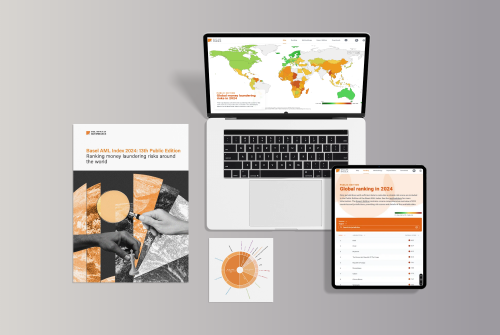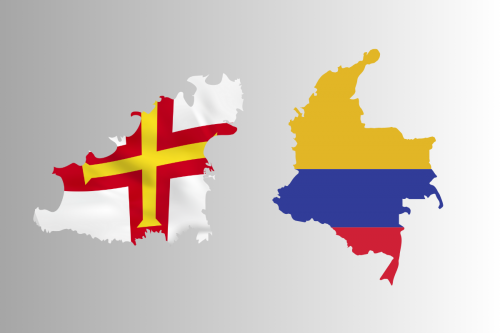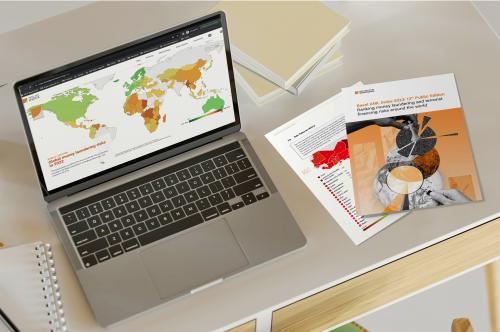Basel Institute awarded B20 Hub on Collective Action; New Energy and Transport Sector Integrity Working Group
The B20 Task Force on Anti-Corruption and Transparency has awarded the establishment of the B20 Collective Action Hub to the Basel Institute on Governance, which will work on this in close partnership with the UN Global Compact. This comes at the same time as leading global companies from the energy and transport sector have agreed to establish a Working Group on Integrity to collaborate with the Basel Institute on anti-corruption Collective Action initiatives in those sectors.
B20 Anti-Corruption Collective Action Hub
The Basel Institute on Governance is pleased to announce that it has been awarded the creation and management of the Collective Action Hub, in partnership with the UN Global Compact (UNGC). This is the result of a competitive tender that was issued earlier this year by the B20 Task Force on Anti-Corruption and Transparency.
According to the B20 Recommendations dated July 2012, the Hub's mission is to identify and analyse Collective Action initiatives and serve as a centre of excellence for utilising Collective Action strategies. Collective Action in an anti-corruption context engages business, government and civil society to work together to address corruption in both the private and public sectors.
The Basel Institute will implement this program through its International Centre for Collective Action (ICCA), in partnership with the UNGC. Members of the B20 Task Force on Transparency and Anti-Corruption and the ICCA's institutional partners have also pledged to support the Hub. These include, amongst others, the Organization for Economic Cooperation and Development (OECD), the International Anti-Corruption Academy (IACA), Transparency International, the World Economic Forum (WEF), TRACE and the University of San Andres Argentina.
The creation of the Collective Action Hub marks a significant development in the international efforts to combat corruption. It will offer tangible tools and a forum for businesses to take concrete steps to jointly step up against corruption and strengthen good business practice. It will also offer a hub for businesses and governments to collaborate in this endeavour. For more than fifteen years, the Basel Institute has actively promoted anti-corruption Collective Action; we have initiated and facilitated a range of such initiatives at global, sectoral or local level. We are delighted to be able to put our experience at the disposal of the Collective Action Hub and the B20, and look forward to working closely with the UN Global Compact and our institutional partners.
Energy and Transport Sector Integrity Working Group
This decision by the B20 Task Force comes at the same time as four leading companies from the Energy and Transport sector have agreed to form a Working Group to promote anti-corruption Collective Action initiatives in their sectors. The initial members of this Working Group, which will operate under the auspices of the Basel Institute on Governance’s International Centre for Collective Action (ICCA), are ABB, Alstom, GE and Siemens. The group is open to other companies from the sector.
Recognising the fundamentally destructive nature of corruption and bribery on societies, economies and businesses, and in support of their companies’ unconditional commitment and strict policies against corruption and bribery in all their business dealings, the members of the Working Group on Integrity in Energy and Transport aim to collaborate to develop anti-corruption initiatives in countries in which they operate. Such initiatives may include supporting the establishment, by governments, of corruption reporting mechanisms, the promotion of public-private initiatives to reduce both the supply and the demand of illicit payments in the context of public procurement, or the joint outreach to their suppliers and other third parties with a view to enhancing awareness and respect for strict anti-bribery principles in their business environments.



